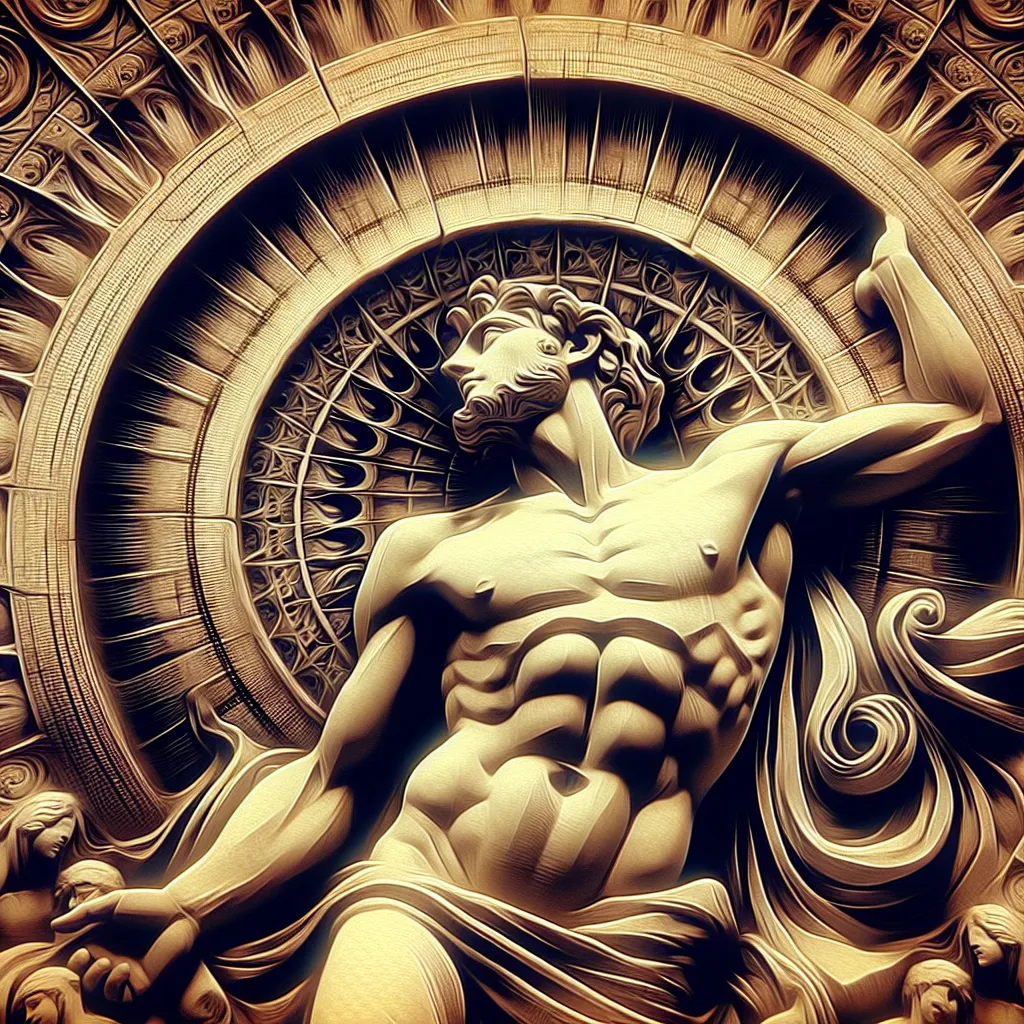
- Published on
- Authors

- Name
- You
The Role of Dreams in Ancient Egyptian Mysticism and Spiritual Practices
Picture yourself drifting off to slumber within the ancient, hallowed walls of an Egyptian temple. You enter a vibrant dreamscape where divine beings whisper secrets of the cosmos into your ear. This ethereal journey was not just a solitary moment of REM sleep for the Ancient Egyptians but a fundamental ritual imbued with mystical and spiritual significance.
The Sacred Night: An Overview
In the eyes of the Ancients, dreams were not mere byproducts of a drowsy mind but messages from the divine. Here's a glimpse into how dreams featured in their spiritual practices:
| Aspect | Description |
|---|---|
| Deities of Dream | Thoth and Hathor, among others, were revered as dream deities. |
| Dream Interpretation | Priests (called 'Seers') would interpret dreams to predict the future or guide decisions. |
| Dream Temples | Sacred sites dedicated to sleep and dream rituals (e.g., Serapeum at Saqqara). |
| Dream Texts | The Chester Beatty Papyrus and other dream books documented interpretations. |
The Divine Messengers: Deities Governing Dreams
In Ancient Egyptian mythology, dreams were seen as a medium through which gods communicated with humans. Two prominent deities associated with dreams were:
- Thoth: The moon god, often depicted with an ibis head, known for wisdom and writing. Thoth was believed to safeguard the sacred knowledge of dreams.
- Hathor: The goddess of love and joy, who also played a protective role in dreams, guiding souls through their nocturnal journeys.
Priests and Prophecies: The Role of Seers
Egyptian priests served dual roles as religious leaders and adept dream interpreters, known as 'Seers.' Skilled in the art of decoding symbols and messages received in dreams, these Seers held significant influence over royal decisions and public rituals. In a way, they were akin to ancient psychologists, bridging the conscious and unconscious realms.
Dream Temples: The Sanctuaries of Sleep
Imagine entering a serene space solely devoted to the art of dreaming. Dream temples, such as the Serapeum at Saqqara, were sanctuaries where individuals could experience 'incubation'—a ritualistic sleep aiming to induce prophetic dreams. Priests would guide the individuals through preparatory rituals, often involving baths, incantations, and special diets to enhance the likelihood of divine dreams.
Dream Texts: The Compendium of Nightly Visions
Ancient Egyptians also documented their dreams and interpretations in texts like the Chester Beatty Papyrus. These dream books encoded decades of wisdom and empirical knowledge, classifying dreams and their meanings. An excerpt from the Chester Beatty Papyrus provides fascinating insights:
| Dream Scenario | Interpretation |
|---|---|
| Dream of Flying | Symbolizes freedom or a divine mission. |
| Dream of Teeth Falling Out | Portends a family issue, commonly interpreted as a death in the family. |
Quantum Mechanics and Ancient Wisdom: A Surprising Convergence
Now, let's bridge the ancient with the modern. Quantum mechanics, with its enigmatic principles, resonates eerily with dream dynamics. Consider the Many-Worlds Interpretation: Just as dreams present multiple realities each night, quantum mechanics suggests that countless realities exist simultaneously. The observer effect in quantum theory parallels the personal significance a dream holds, molding potential outcomes based on the observer's consciousness.
In essence, dreams let us step into a realm beyond the physical, touching the fringes of a quantum universe where the lines between possibility and reality blur, much like the ancient Egyptians believed.
Mystical Reflections: The Timeless Dance of Dreams and Reality
Dreams in Ancient Egypt were not mere nocturnal escapades but instrumental in shaping their spirituality and daily lives. Whether seen through the lens of Thoth's wisdom or the quantum conundrums of superposition, dreams transcend time and space. They are both a mirror reflecting our innermost thoughts and a window opening to infinite possibilities. May your own dreams be as illuminating and transformative as those of the Ancients.
Dream on, wanderers of the night.
